Scottish Government launches vision for ‘sustainable’ aquaculture at trout farm run by company beset with sea lice infestations
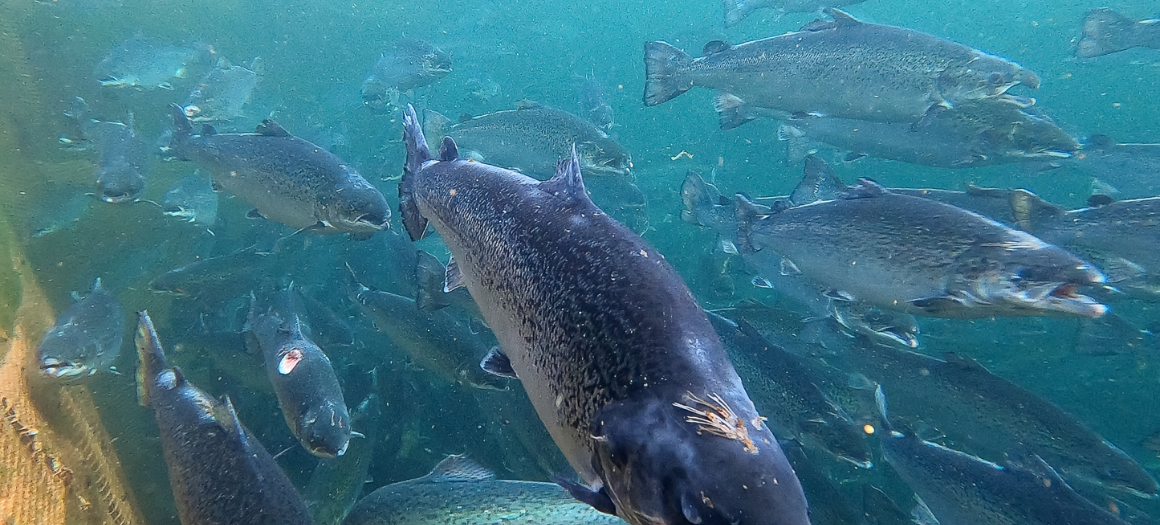
Last Friday (21 July) the Scottish Government announced its long-overdue Vision for Sustainable Aquaculture. Heralded as one of the key commitments in the Bute House Agreement for the Scottish Greens, the vision was launched with a photocall for Mairi Gougeon, Cabinet Secretary for Rural Affairs, Land Reform and Islands, at a rainbow trout farm run by Kames Fish Farming close to Oban.
WildFish analysis of government sea lice data has shown that Kames Fish Farming has been one of the worst-performing farms in Scotland so far this year, with parasite levels reaching as high as 6.42 adult female sea lice per fish in May – 13 times the industry’s Code of Good Practice (CoGP) guidelines, and breaching the Scottish Government threshold for intervention.[1]
“This new ‘vision’ is another example of the Scottish Government desperately trying to fit a square peg in a round hole, to justify its continued support for salmon and trout farming in Scotland.”
Rachel Mulrenan
Scotland Director, WildFish
She continued: “that the Cabinet Secretary chose to launch the Vision at a farm run by Kames, who reported the highest sea lice numbers of all finfish farms across Scotland in May this year, is fitting of a government that is failing to do even basic due diligence on the environmental harm being caused by the companies it promotes”.
A type of marine parasite, high levels of sea lice on salmon farms are of concern to both farmed fish and wild fish populations; as few as two lice can fatally damage a young wild salmon. The Scottish Government last year declared that the wild Atlantic salmon population is in crisis, while catches for wild salmon and sea trout in Scotland in 2021 were the lowest on record.
In addition to the risk these parasites pose to wild fish, sea lice are also a concern for farmed fish welfare. The damage caused by the attached lice can be severe, with the lice eating fish alive or making them vulnerable to fatal infections.
Five years on from two Scottish Parliamentary Inquiries concluding that the environmental and welfare issues on finfish farms in Scotland urgently needed to be addressed, Scottish salmon suffered record mortalities in 2022, with an estimated 16.7m fish deaths; double that of the previous year. More than 4.6 million fish have already died on salmon farms so far in 2023; over one million fish more than during the same period in 2022.
In 2020, Scottish government agencies opened an investigation into alleged welfare abuses at a Kames freshwater farm on Loch Tralaig; the site was also assessed as ‘Poor’ by the Scottish Environment Protection Agency (SEPA) for its use of Formalin (a type of Formaldehyde) in the same year. The company was recorded as using 1.4 tonnes of the chemical between April and December 2019.
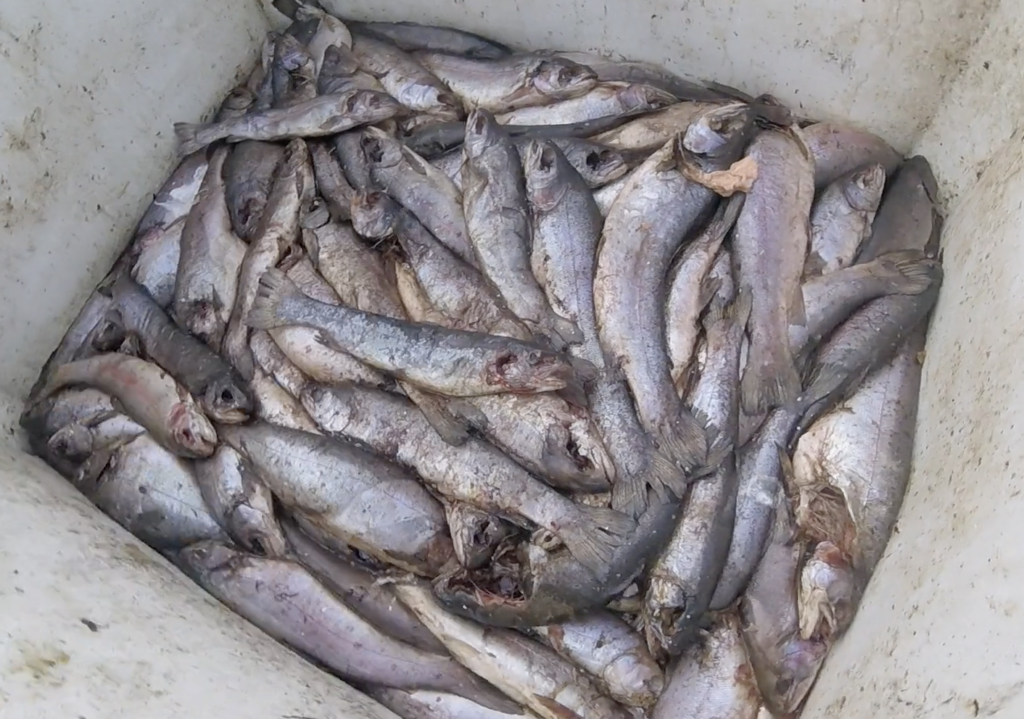
The Scottish salmon farming industry saw increasing use of antibiotics in 2021; farmed trout in particular used the second-highest volume of highest priority, critically important antibiotics of all food-producing animals, second only to game birds.
Ms Mulrenan continued: “with sky-high mortalities, increasing antibiotics usage, use of chemicals toxic to marine life and sea lice infestations all contributing to its appalling environmental and welfare record, combined with its reliance on wild-caught fish for feed, open-net salmon and trout farming is inherently unsustainable – and no policy document, developed in partnership with the industry itself, will change that.
While governments and consumers around the world start to turn their back on an industry that pollutes with impunity, making astronomical profits for huge corporations off our natural assets, the Scottish Government is seemingly doubling down on its misguided support for the industry and its environmental ecocide.”
List of References
[1] Shuna Castle, 6.42 average adult female sea lice per fish reported in the w/c 15 May 2023.

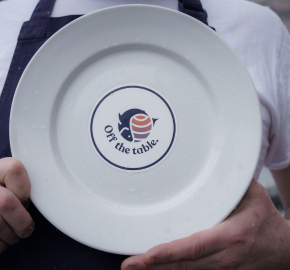
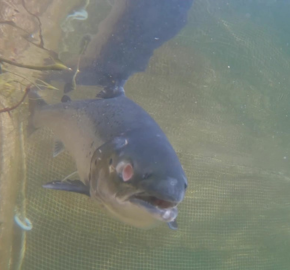
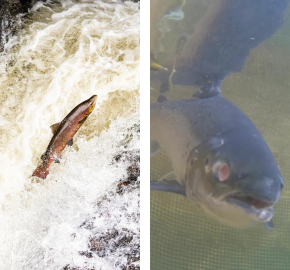
One thing I don’t understand is ,where are all the money men , guys who fish for salmon who own massive blue chip company’s, who have legal teams, marketing teams ,who could pay for a judicial review into the whole sorry state. I know if I had that kind of money and that kind of work force , I would tie the government in knots and publicise these atrocities the length and breadth of the country. There are people out there who that kind of money is peanuts to them.
The entire fish farming industry is a disgraced continues to do unbelievable damage to our wild stock. I visited Scotland at least twice a year for 30 years to fish its wonderful rivers and enjoy the hospitality that goes with it. I’ve not been for 5 years, nor have my 5 friends. We won’t be going back until the Scottish government do something about the way they view fish farming.
Fish Farming is proven to be unsustainable. Our Government is so tied up with this industry and the money it brings in that they are afraid to face the facts and cut their association with the Fish Farming industry.